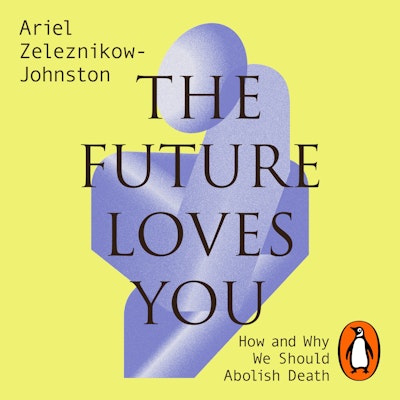Out of the 120 billion humans who have ever lived, you're lucky to live now. Whether it's a pill, an injection, or a life-saving surgery, today's medicine has a much greater chance of being there for you when you need it most, compared to what our ancestors could access. Even so, it still seems inevitable a day will come for each of us when a doctor is forced to tell our distraught relatives \"I'm sorry, there's nothing more we can do...\" Yet even here, this book shows how recent advances are empowering doctors to add the much more hopeful \"...for now.\"
From ventilators to brain implants, medicine has been blurring what it means to die. In a lucid description of modern neuroscientific thinking, Zeleznikow-Johnston explains that death is not the loss of breath, but of personal identity – that the core of our identities is our minds, and that our minds are encoded in the structure of our brains. On this basis, he explores how recent discoveries now offer us all the chance of preserving our minds for future revival.
Whether they discovered cures or fought for justice, we are grateful to those of our ancestors who helped craft a kinder world. Yet while our forebears cannot enjoy the world they helped build, this new preservation technology gives us each a personal stake in the future. Because if we work together to create a better world for our descendants, then just maybe, the future will love us enough to bring us back.



